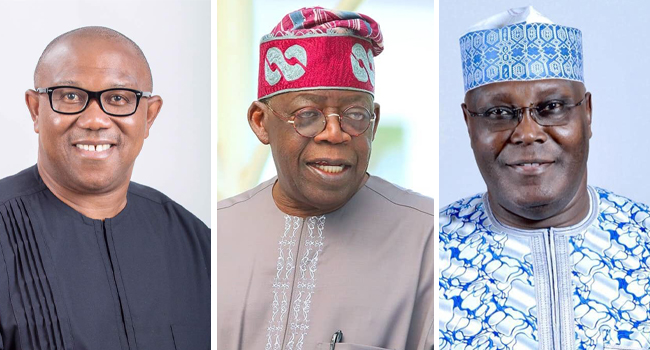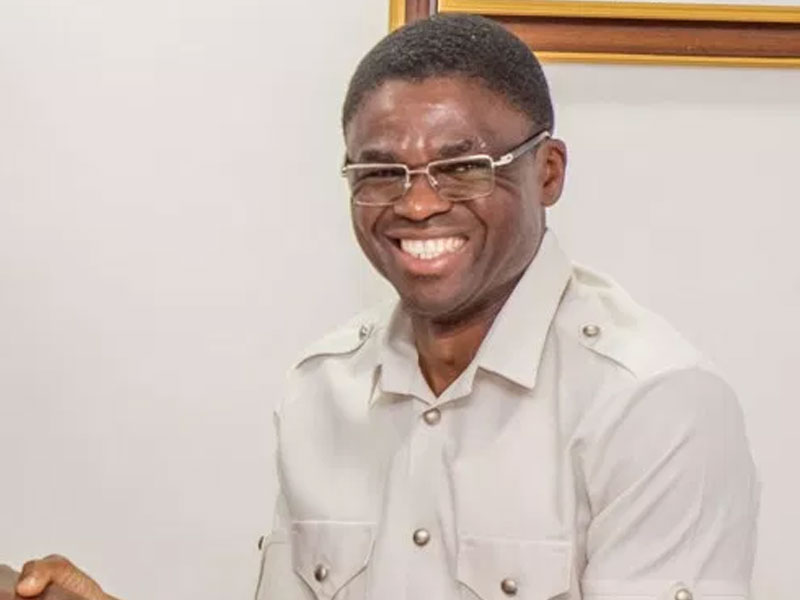By Daniel Edu
The aftermath of Nigeria’s 2023 presidential election continues to unfold as the Peoples Democratic Party (PDP) candidate, Atiku Abubakar, takes his challenge against President Bola Tinubu’s victory to a United States court. Amidst the legal drama, lawyers and Nigerians express their opinions on the matter.
The February 25 election saw Bola Tinubu declared as the winner by the Independent National Electoral Commission, garnering 8,794,726 votes. Atiku Abubakar and Peter Obi, of the Peoples Democratic Party and Labour Party respectively, secured the second and third positions. Atiku’s legal challenge focuses on Tinubu’s eligibility to run for office, including questions about his academic records.
Atiku filed a petition in a US court seeking information about Tinubu’s academic records at Chicago State University. He wants records of Tinubu’s admission, attendance, degrees, awards, and honors obtained during his time there. Tinubu responded by filing a motion to quash the subpoena, arguing that the petition lacks proper legal basis.
Legal experts and commentators hold varied opinions on Atiku’s move. Some see it as a positive step, while others are skeptical about the US court’s jurisdiction and the potential impact on the Nigerian legal system. Constitutional lawyer Kennedy Khanoba suggests that unless Tinubu is convicted in the US, the challenge may not significantly affect his presidency in Nigeria. He notes that only a conviction could lead to disqualification from public office.
Political analyst Jackson Ojo highlights Nigeria’s sovereign status and asserts that a US court ruling wouldn’t necessarily bind Nigeria’s legal decisions. Ojo believes that regardless of the US court’s ruling, it’s unlikely to sway the Nigerian tribunal and courts.
Mustapha Shehu, a PDP chieftain, and Atiku loyalist believes that Atiku is seeking stronger evidence through the US court. He suggests that this evidence could be supplementary to the case, potentially involving David Hundeyin’s investigative claims.
The development also raises questions about the confidence some Nigerians have in their country’s legal system. Auwal Rafsanjani of Transparency International in Nigeria points to a perceived integrity crisis within Nigeria’s judiciary, suggesting that public confidence in its independence and credibility is diminishing.
As the legal battle continues, its outcome may have implications beyond the case itself, influencing perceptions of Nigeria’s legal institutions and political processes.




